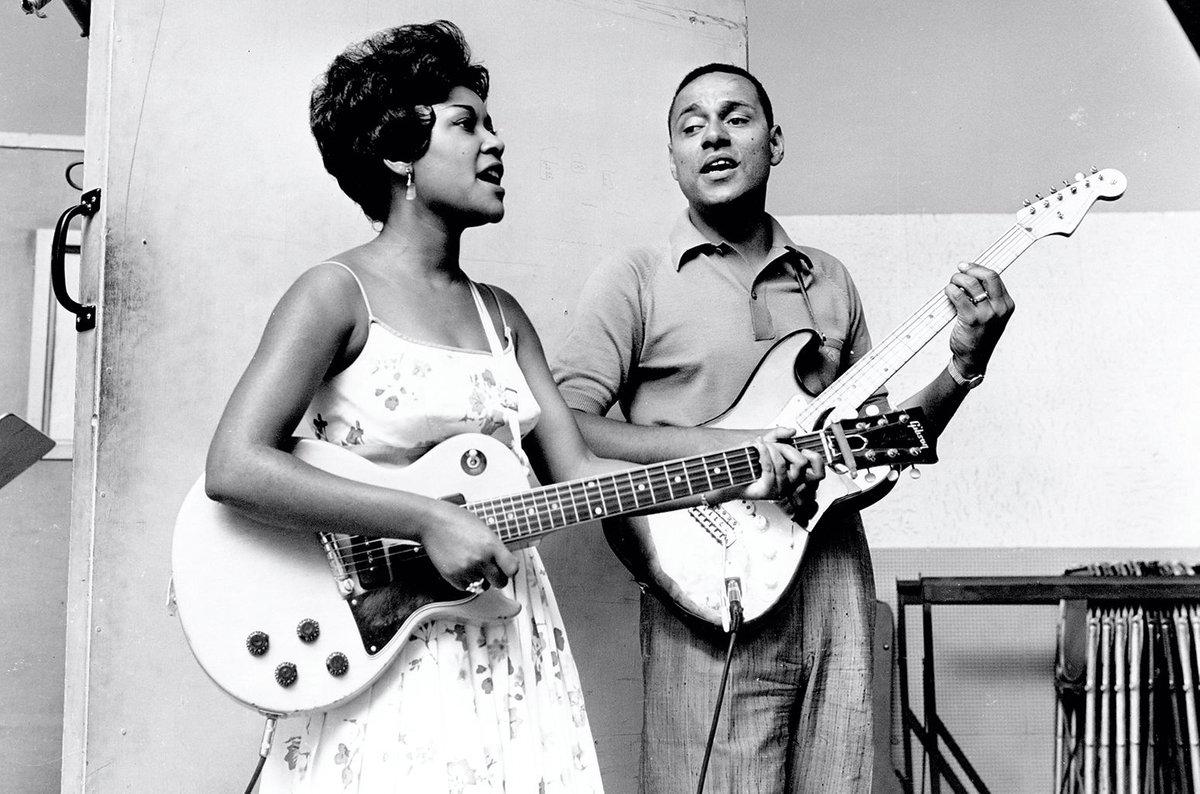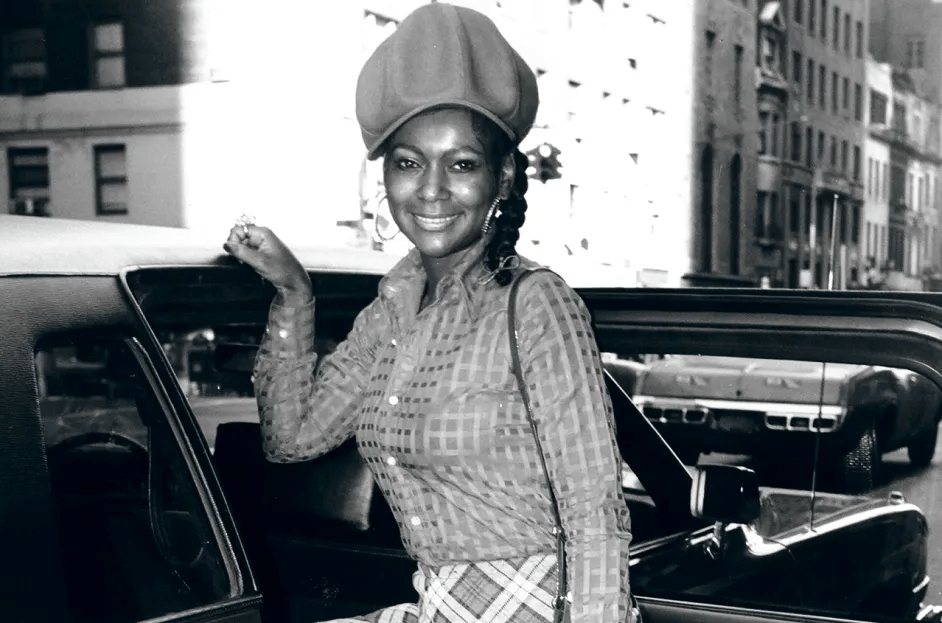

Empowering Minds, Celebrating Women

Empowering Minds, Celebrating Women

Sylvia Robinson

Sylvia Robinson, singer-songwriter and the founder and CEO of Sugar Hill Records built the landscape of hip-hop as we know it today. By bringing hip-hop into the commercial mainstream market, she transformed the genre and inspired many of today’s most-known artists. Sylvia was born on May 29, 1935, in Harlem, New York, United States. At age 14, she dropped out of high school to pursue a career in music. Under the stage name Little Sylvia, she released plenty of R&B singles but didn’t gain much success. However, her independence and business mind were already evident when she learned to play guitar and started songwriting to gain more creative control. Sylvia got her first taste of success when she and her guitar teacher Mickey Barker formed the duo Mickey & Sylvia, their song “Love Is Strange” became a number-one hit. From this success, they gained the opportunity to work with big artists like Joe Jones and Ike & Tina Turner. Produced by Sylvia, “It’s Gonna Work Out Fine” earned Ike & Tina their first Grammy nomination in 1962, however, Sylvia never received credit. Two years later, she left Mickey & Sylvia and married Joseph Robinson. The couple co-founded All Platinum Records, signing a variety of artists and releasing numerous popular songs, many of which were written by Sylvia. In 1973, she recorded and released “Pillow Talk”, a song she wrote for but rejected by Al Green. The song reached number one on the R&B charts and number three on the US Billboard Hot 100, earning Sylvia a Grammy nomination, and for the first time, recognition as a solo artist. Unfortunately, All Platinum Records went bankrupt not long after because of her husband’s under-the-table dealings and tax evasion.

Fortunately, Sylvia’s greatest accomplishments occurred after the downfall of All Platinum Records and with the establishment of Sugar Hill Records. In 1979, inspired by artist Lovebug Starski’s performance, she wrote and produced the song “Rapper’s Delight” by the Sugarhill Gang—a band she assembled. The song features a brand new style of talk-rap over the instrumental to “Good Times”, starting a musical revolution. It sold 14,000,000 copies and turned Sugar Hill Records into a multi-million dollar record label. “Rapper’s Delight” brought hip-hop to the mainstream market and birthed a million musical revelations. Another landmark single in the hip-hop genre that Sylvia produced was “The Message” by Grandmaster Flash and the Furious Five. With socially conscious lyrics addressing issues of poverty and crime, the record demonstrated that hip-hop can be a form of art but also a form of social commentary, inspiring countless artists in the future.

Sadly, with a shift in rap and hip-hop style in 1983 and facing lawsuits, Sugar Hill Records, resistant to change, eventually faded out of public view. She continued producing music until her death in 2011. Despite Robinson’s attempts to regain the same level of success by finding other labels, she did not succeed. Nevertheless, Sylvia Robinson’s significance and impact on the music industry cannot be neglected. She was one of the first-ever female music producers as well as one of the first female founders of a record label. In her career in this male-dominated industry, she faced adversities because of her gender. Often uncredited for her work in her early years, and despite her own talent, found the most success when she was working alongside a man. It was her determination that enabled her to persist through and overcome these adversities, ultimately making a major impact on an entire music genre. Sylvia Robinson’s spirit and influence are worthy of recognition and celebration.
WOMEN IN HUMANITIES


